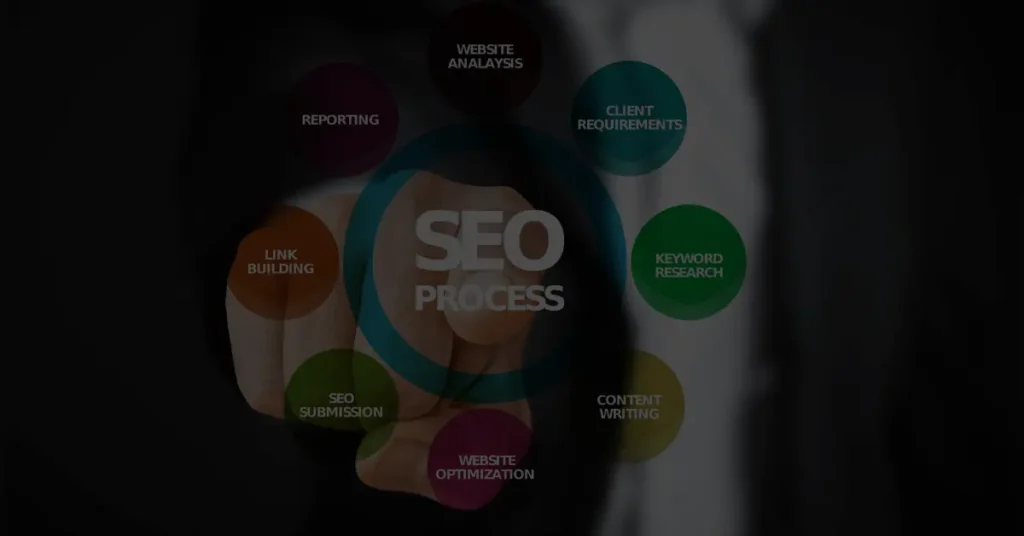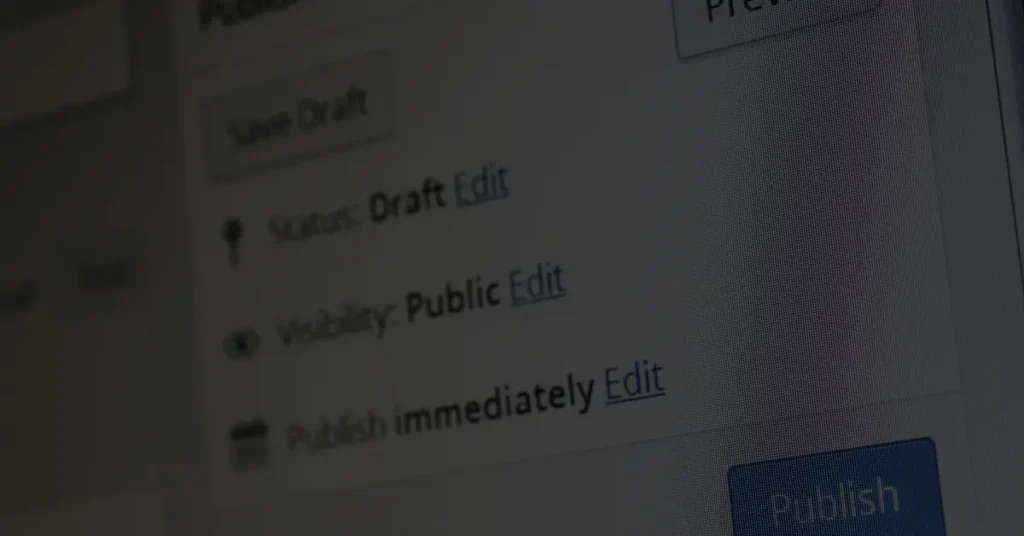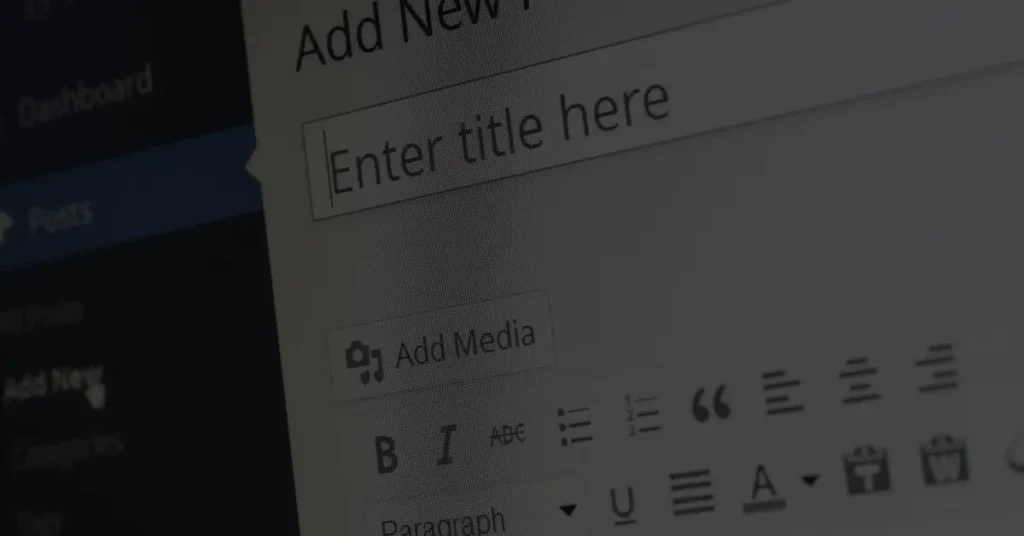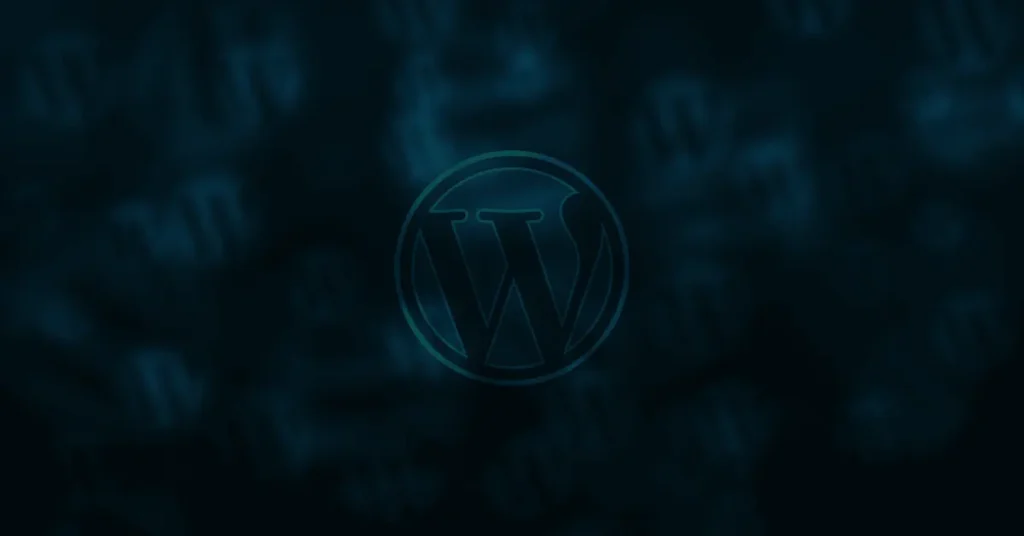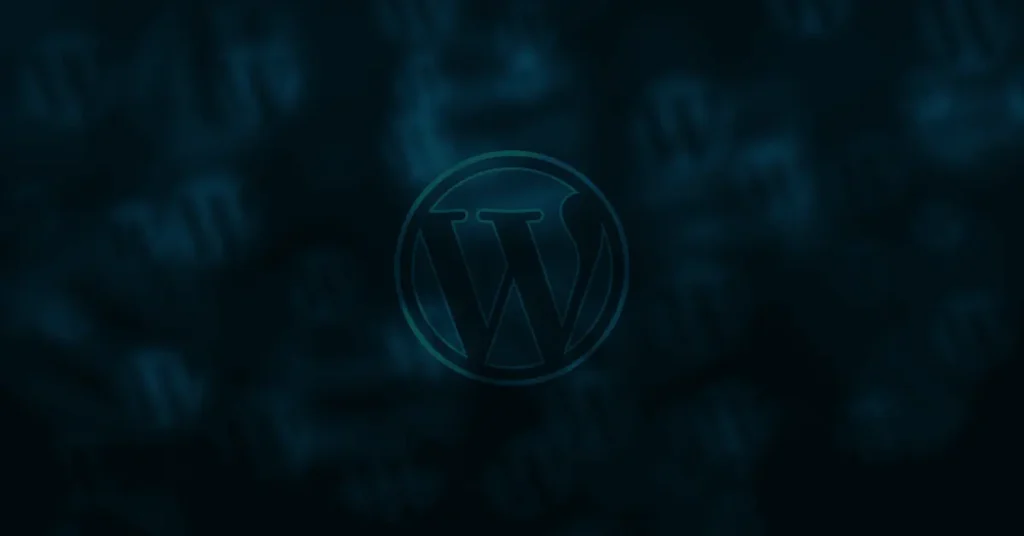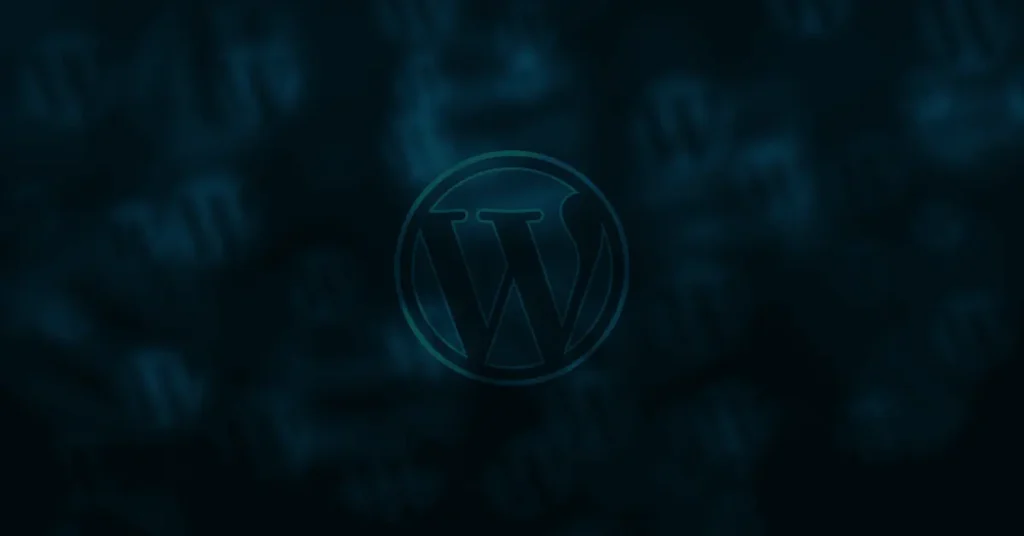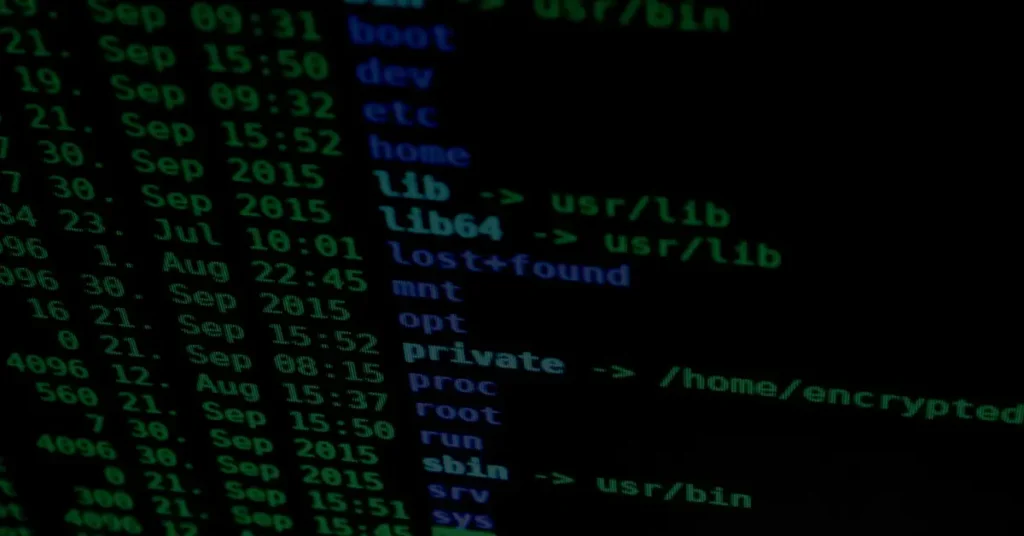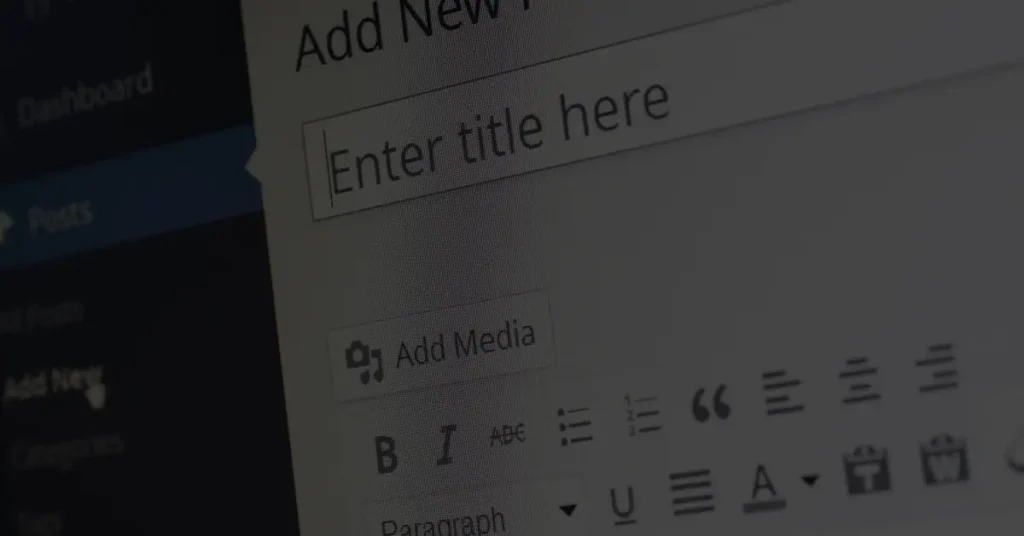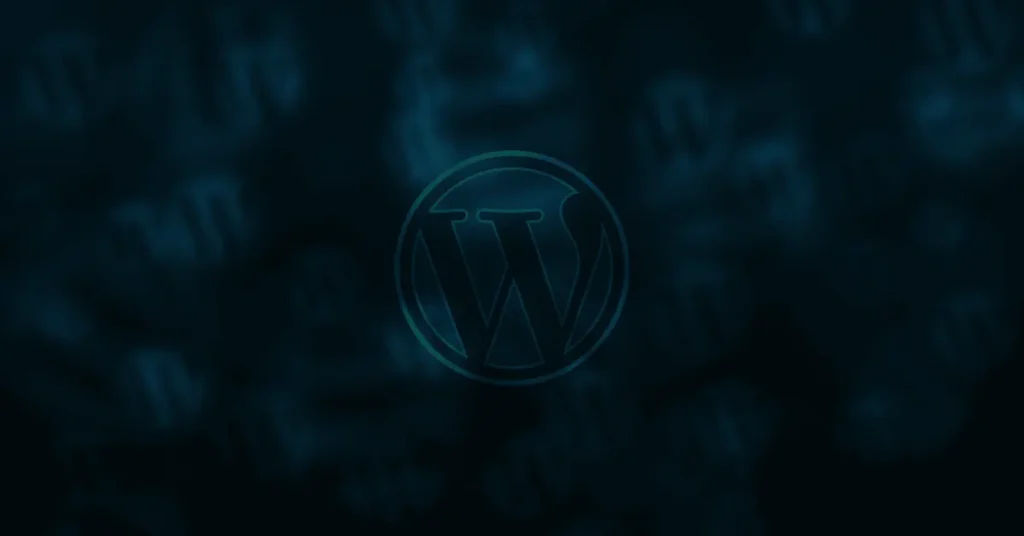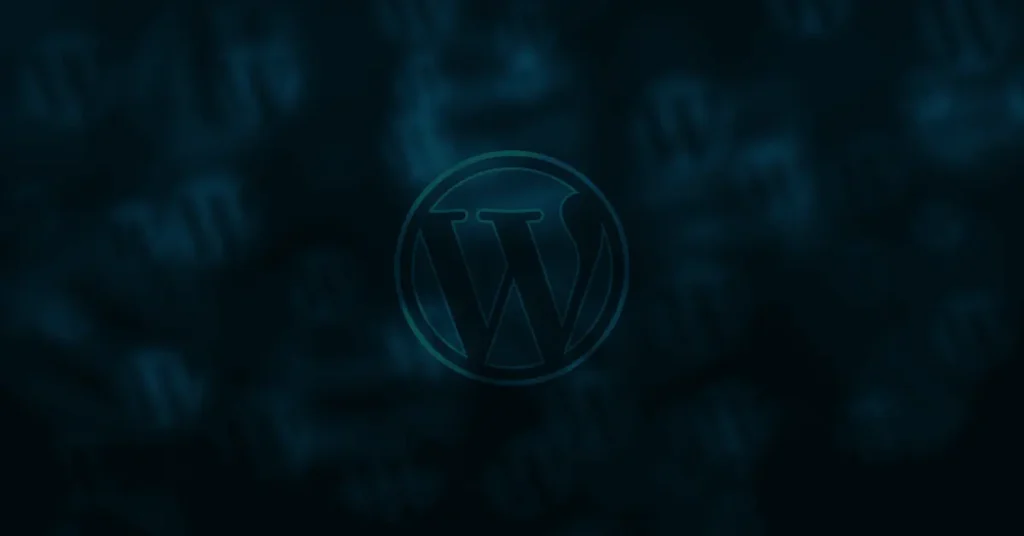What is WordPress security?

Understanding WordPress Security and Its Importance
WordPress security refers to the procedures and methods used to safeguard your WordPress website against computer viruses, malware, and other security risks. In order to avoid data breaches, website outages, and reputational harm, WordPress security is crucial. Malware protection, vulnerability detection, firewall implementation, user authentication, backup solutions, and SSL certificates are all part of WordPress security.
Identifying Vulnerabilities in Your WordPress Site
Hackers may use vulnerabilities in your WordPress site to obtain access without authorization, steal confidential data, or seize control of your website. Insecure plugins or themes, obsolete software, and weak passwords are examples of common vulnerabilities. By conducting routine security audits, checking your site for malware, and utilizing security plugins, you can find weaknesses in your WordPress site.
Protecting Your Site from Malware and Cyber Attacks
WordPress sites are frequently threatened by malware and online attacks. Malware is a tool that can be used to steal information, harm your website, or make it unresponsive. Cyber attacks can be used to take over your website or get unauthorized access to it. By installing security plugins, updating your software, and following security best practices, you can shield your website against malware and online threats.
Using Firewalls and User Authentication to Enhance Security
User authentication and firewalls are crucial tools for boosting WordPress security. User authentication can assist guarantee that only authorized users can access important portions of your site, while firewalls can be used to prevent unauthorized access to your website. To establish firewalls and user authentication, employ plugins and web application firewalls (WAFs).
Implementing Backup Solutions to Safeguard Your Site
In the event of a data breach or other dire situation, backups are crucial to protecting your WordPress website. To make sure you can restore your website in the event of a data loss, you need deploy backup solutions. To protect your website, you can utilise backup plugins, cloud-based backup services, or manual backups.
Utilizing SSL Certificates for Secure Data Transmission
Data exchanged between your WordPress website and your users’ web browsers is encrypted using SSL certificates. In order to protect sensitive data, like login credentials, credit card numbers, and personal information, this is crucial. Your site hosting company or a different supplier are both sources for SSL certificates.
Protecting Against Brute-force Attacks and Other Threats
Hackers frequently employ brute-force attacks to obtain unauthorized access to WordPress websites. Automated software is used in brute-force assaults to attempt passwords and access your website. By employing strong passwords, restricting login attempts, and utilizing security plugins, you may defend yourself against brute-force assaults and other threats.
Staying Up-to-Date with WordPress Security Best Practices
Best practices for WordPress security are always changing to address new threats and vulnerabilities. It’s crucial to use the most recent security best practises on your WordPress site and to stay up to date with them. By reading security blogs and forums, participating in online security communities, and attending webinars, you can keep current.
Common WordPress Security Mistakes to Avoid
WordPress security errors that are frequently made might leave your website open to risks like hacking and other threats. These include utilising unsafe plugins or themes, using outdated software, and using weak passwords. By using security plugins and other tools, adhering to WordPress security best practices, and avoiding these errors is possible.
Securing Your WordPress Site: Next Steps and Resources
Your WordPress site needs to be secure at all times, which calls for frequent attention and work. By putting security best practices into practice, utilizing security plugins, and doing routine security audits, you may take further efforts to secure your website. Additionally, WordPress professionals and online security forums can provide you with support and other resources.

